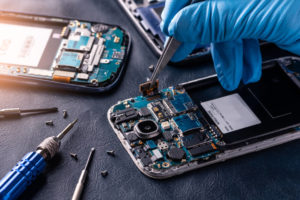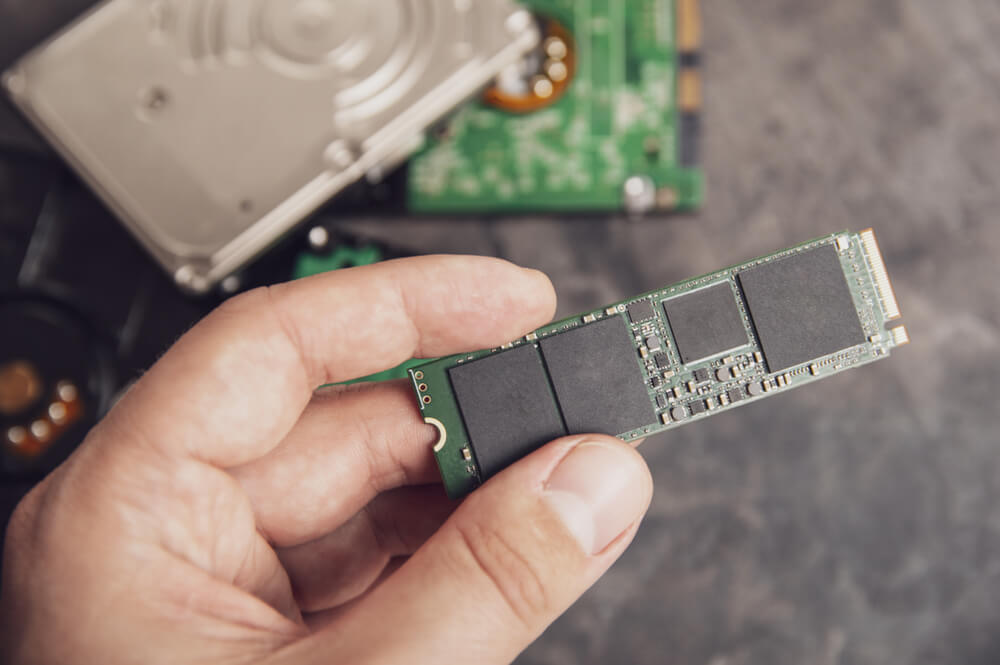Solid-state drives (or SSDs) are a common topic for anyone who is looking to buy a new laptop or PC. Even if you aren’t a techie, you may be curious about what an SSD is and if it’s something you really need. You’re only going to use your computer for basic tasks, browsing the internet, and maybe some gaming. Are you really going to need all this technology? Most people will answer yes. Let’s discuss SSD and its benefits for your computer.
What is SSD?
SSD stands for solid-state drive. It is a type of computer memory that uses flash chips rather than moving parts. This technology is relatively new and is replacing the HDD (hard disk drive). An SSD, which uses flash memory chips, can access files and programs quickly on your computer without the need for a spinning hard disk. Everything you do on your computer, including opening a program or accessing files, will be done much faster. You can also play games faster on your laptop or PC. SSDs offer a noticeable speed boost and increased performance, even for those who aren’t tech-savvy.
HDDs Are Being Replaced by SSDs
The price of SSDs is falling dramatically, as with many other technologies. The price of an SSD is now a fraction of what it was once.
SSDs are becoming more popular due to their faster speeds and superior performance. However, there are many other reasons to choose an SSD over a hard drive. SSDs aren’t subject to the same wear and tear as a hard drive because they don’t have moving parts. A laptop with a hard drive can be damaged if it is dropped. This can lead to costly repairs and the possibility of losing some files.
SSDs, especially the latest ones, are smaller and more compact than HDDs. This means that you can get a lighter, faster, smaller, and more powerful laptop with the same or better performance. This makes it easier to store other components such as a larger battery or more memory. You can also get a longer battery life because they use less power than HDDs.
The Downsides to SSDs
There are still many reasons why an SSD may not be right for you. It comes down to cost and capacity. HDDs have more storage capacity than SSDs. SSDs can be expensive. You can have both the SSD and HDD on some laptops. However, these are more expensive because there are two drives.



